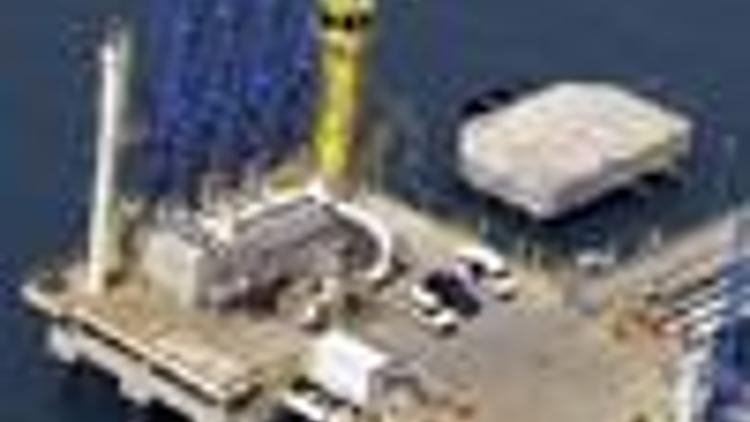Iraqi oil pipeline sabotage drops, leading to more export to Turk port
Güncelleme Tarihi:

A sharp drop in attacks on pipelines has enabled Iraq to increase oil exports from northern oil fields and profit from the rise in world energy prices. The reduction in attacks has also enabled the country to export more oil from the fields around Kirkuk to the Turkish port of Ceyhan.
Oil Minister Hussain al-Shahristani said pipeline attacks fell from an average of 30 a month in 2007 to only four last month. Most of the attacks had been in the north, where Sunni insurgents were active. �
Al-Shahristani told Al-Sharqiya television that the reduction in attacks has enabled
The northern pipeline had been frequently shut down for extended periods during the past four years because of sabotage.
Iraq’s oil exports, most of which come from southern oil fields around Basra, have risen above 2 million barrels a day for the first time since the U.S.-led invasion of 2003, the Oil Ministry said this month.
Officials expect the figure to rise further this month because of increased activity at the northern fields.
The boost in exports comes at a time of record-high oil prices worldwide, providing
Al-Shahristani has said the country expects to reap revenues of $70 billion by years end if world prices remain high.
Al-Shahristani, a Shiite, attributed the drop in attacks to better security provided by "awakening councils" - Sunnis who have abandoned the insurgency and now provide protection in their home areas.
He said the Oil Ministry was recruiting more guards from among Sunni tribes to protect the pipelines, especially the export line to Ceyhan.
"A year ago, terrorism was active. But now we are seeing great cooperation from the tribes living in the areas where the pipeline passes," he said.
Despite improvements in security, violence continues, especially in northern areas of the country where al-Qaida in
The
At least 11 Iraqi policemen were wounded when a roadside bomb exploded near their patrol in
A car bomber exploded late Friday near a restaurant in
Fears rose about security in the southern oil fields last March when heavy fighting broke out in
But a cease-fire mediated in
On Thursday, Iraqi forces moved into the southern oil-producing city of
The

